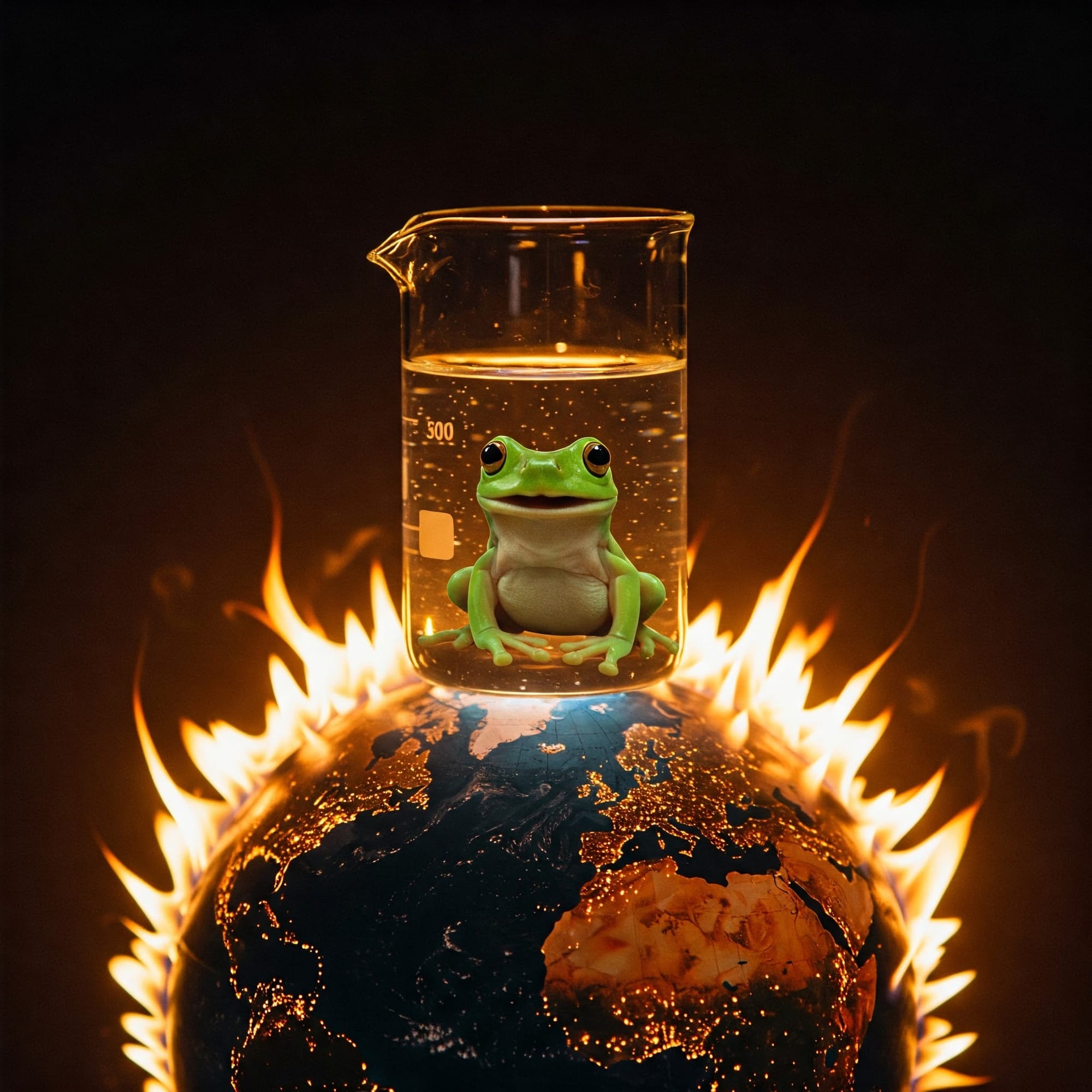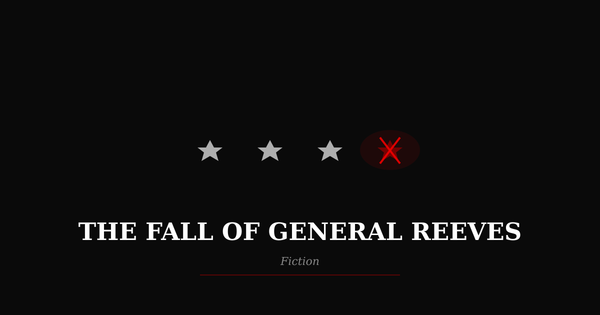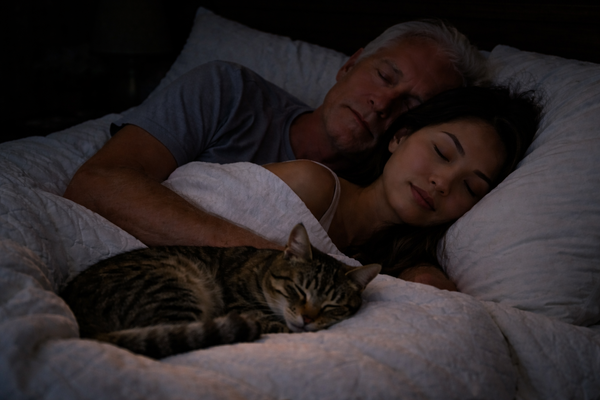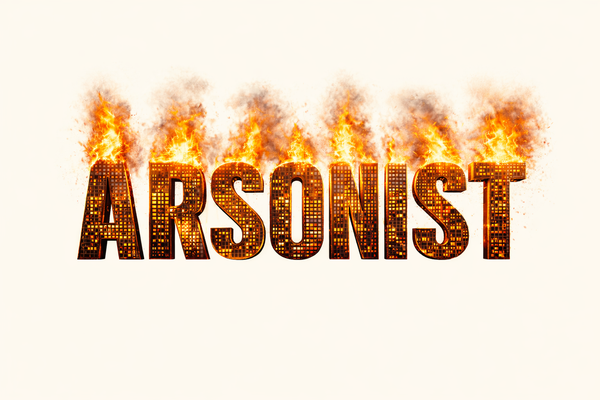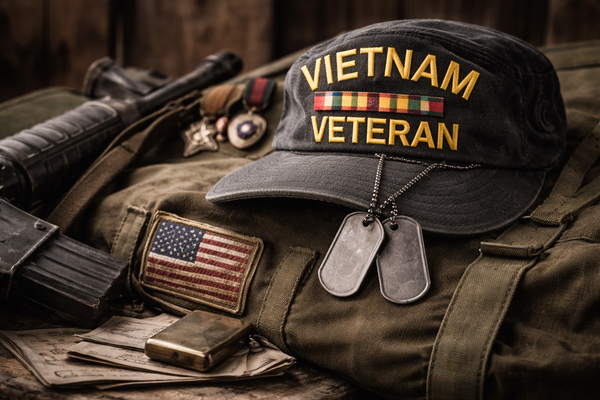The Movies
and the message
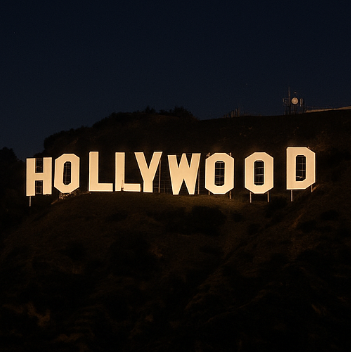
Most of my life, I believed the entertainment media leaned liberal.
Hollywood, I thought, was on our side—the side of progress, of tolerance, of reason. The side that pushed boundaries. I believed this because it seemed obvious. The stars marched for civil rights. The movies showed us worlds where underdogs triumphed, where racists lost, where the environment mattered and love won. And when the news turned sour—when a war dragged on or a scandal broke—you could count on at least one actor saying what the politicians wouldn’t.
But over time, something didn’t add up.
The same industry that gave us Norma Rae and Philadelphia also gave us Rambo, Taken, and a seemingly endless parade of violent men who solve their problems with a gun, a fist, or a sarcastic quip. For every nod to justice, there was a wink at vigilantism. For every “message,” there was a subplot drenched in brute force.
The contradiction nagged at me.
Yes, the culture changed—TV became more diverse, films more inclusive. But the backbone of American entertainment never really evolved. The old tropes stayed intact. The strong, silent man who doesn’t need book learning. The cop who breaks the rules to catch the bad guy. The good guy with a gun. The woman who loves him because he doesn’t talk too much—and shoots the bad guy.
I began to wonder: maybe Hollywood isn’t liberal. Maybe it just wears liberal skin.
Beneath the surface, a lot of mainstream media still glorifies the same ideas that feed authoritarianism: violence as justice, emotion over reason, wealth as virtue, ignorance as authenticity. The packaging got slicker, but the message didn’t change.
And lately, it’s gotten harder to ignore.
You’ve seen him. He’s everywhere. The man who solves problems with his fists, not his brain. He doesn't read books, but he’s always right. He drinks beer for breakfast, drives a lifted truck, and distrusts anything that smells like education. He probably stayed at a Holiday Inn Express last night, and now he’s a constitutional scholar. And somehow—he’s the hero.
The rise of reality TV put a flag in the ground. The people getting airtime weren’t thoughtful or well-read—they were loud, combative, and proudly ignorant. They were “real.” And we were told to admire that. To root for it. Then came the rise of macho podcast culture—hours of men talking to other men about how society went soft, how college is a swindle, how they don’t need experts because they have “common sense.”
The entertainment machine didn’t just reflect this shift. It monetized it. Built entire brands around it. Glorified it. Somewhere along the way, we stopped asking if any of this was good for us. We were too entertained.
So, I’ve changed my mind.
Hollywood might lean left in its social messaging—diversity, inclusion, representation—but ideologically, it still sells the same old fantasies. The fantasy of the rugged loner. The fantasy that power is best wielded by those who reject nuance. The fantasy that thinking too much is weakness, and feeling angry is strength.
It sells those fantasies because they work. They sell tickets. They go viral. And let’s be honest: they’re easier than the truth.
It’s easier to cheer for the cowboy than to sit with the complicated facts. Easier to worship the guy who “gets things done” than the one who asks questions. Easier to watch a man punch his way out of a problem than to imagine a system where violence isn’t the first or final answer.
That’s not liberalism. That’s marketing.
So maybe Hollywood was never the rebel I thought it was. Maybe it’s just another part of the machine—polished, charismatic, and perfectly happy to give us the illusion of progress, as long as we don’t look too closely at what it’s really selling.
